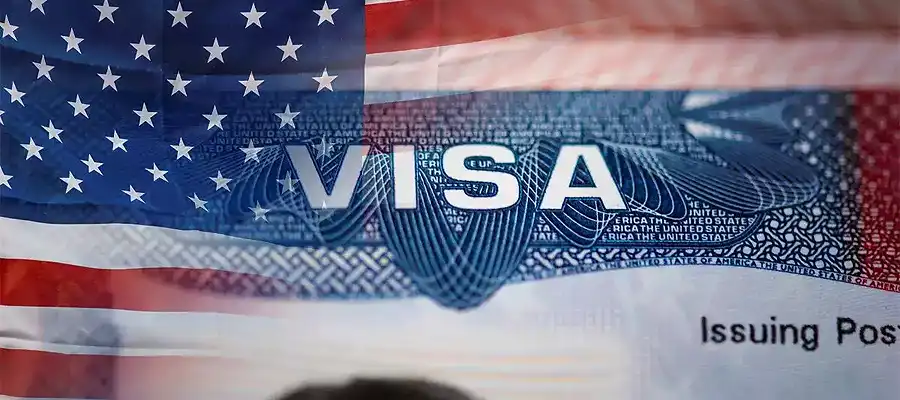The U.S. Department of Labor's Employment and Training Administration, Office of Foreign Labor Certification (OFLC), issued a public notice that starting March 20, 2025, Foreign Labor Application Gateway (FLAG) system records will be deleted. The move, as per federal record-keeping policies, has raised eyebrows among U.S. employers and visa petitioners. Here's what visa holders and employers need to know about the background, present status, and its possible impact.
Meaning of FLAG, and its importance
The Foreign Labour Application Gateway (FLAG) is an integral system used by the U.S. Department of Labor (DOL) to process labor certification requests.
FLAG helps U.S. employers find appropriate foreign workers while upholding compliance with labor law. The system stores records of numerous significant visa programs, such as:
H-1B, H-1B1, and E-3 visas (for foreign skilled workers)
H-2A and H-2B visas (for farm and non-farm seasonal workers)
Permanent Labor Certification Applications (PERM) (for sponsoring a green card)
Prevailing Wage Determinations (PWD) (which help in deciding wages for foreign workers)
Employers utilize FLAG to monitor visa requests and ensure compliance with U.S. labor law. Deleting obsolete records could impact businesses intending to review old requests or establish compliance should they be audited.
The reason behind the erasure of records
The records are being destroyed by the National Archives and Records Administration's (NARA) Records Schedule, which mandates the destruction of ‘temporary’ records once they have completed their retention period. Only those records that are ‘permanent’ because they are of historical value will be kept by the National Archives.
Key details
When? Midnight on March 20, 2025.
What gets deleted? FLAG records older than five years since their final determination date
For example, if an approved case on March 21, 2020, will be deleted on March 21, 2025
Who gets impacted? Employers and visa applicants whose records are being kept in FLAG
The OFLC has encouraged employers to download required records before March 19, 2025, since once deleted, these files cannot be recovered.
How likely is it to impact the employers and visa holders?
The deletion of FLAG records has caused several concerns among companies and visa applicants:
1. Challenges for Employers
Businesses can lose access to vital records used for audits, compliance inspections, or future visa requests.
Historical labor certifications can be tough to recover, leading to administrative issues.
Businesses are required to read and download all documents before the deadline.
2. Effect on H-1B and Other Visa Holders
Foreign workers who might require proof of previous employment certificates might be in trouble.
Visa renewals or extensions applicants might have to access their information before deletion.
Immigration lawyers recommend visa exercise caution when traveling abroad, as re-entry policies are tightening.
US tightening its immigration policies
The elimination of visa records is at a time when U.S. immigration policies are becoming more restrictive. In the Donald Trump administration, visa categories such as H-1B, F-1 (student visa), L-1 (intra-company transfers), and some green card holders have been subjected to greater scrutiny.
Seattle immigration lawyer Kripa Upadhyay explained to the Times of India that returning to the U.S. is getting ‘extremely vetted,’ and so foreign students and workers ought to “think twice before going out of the country.”
With increased visa enforcement and record deletions, employers and visa applicants have to act immediately to protect their documents prior to the March 19, 2025, deadline.
What employers and visa holders should do now
Review FLAG accounts and download all necessary records immediately.
Ensure compliance documentation is safely stored for future audits.
Consult immigration attorneys to understand the potential impact on visa renewals and extensions.
Visa holders should be cautious about traveling outside the U.S. as immigration policies tighten.
The erasure of FLAG records can be viewed as a standard administrative amendment, but it has far-reaching implications for companies and foreign laborers. Proper record-keeping now can preclude future complexities.
